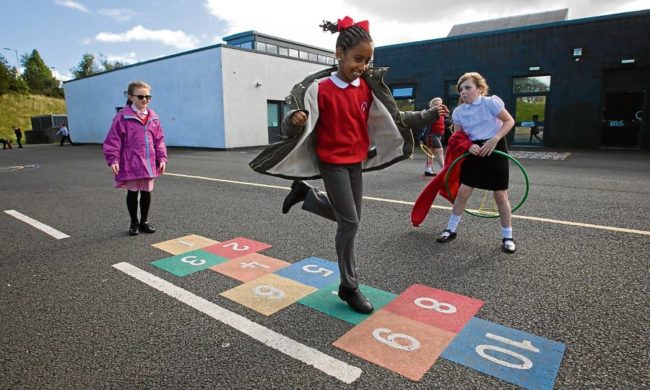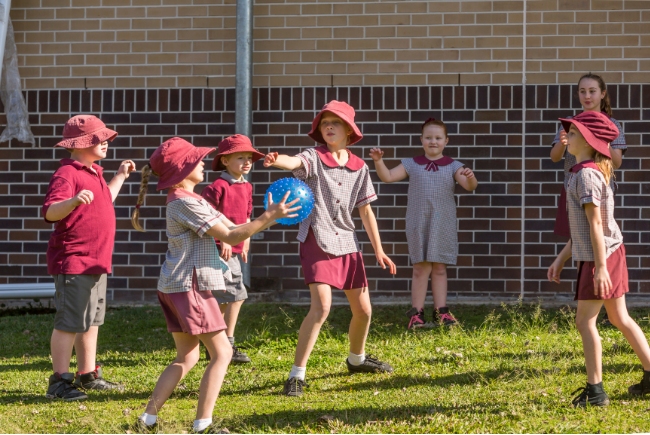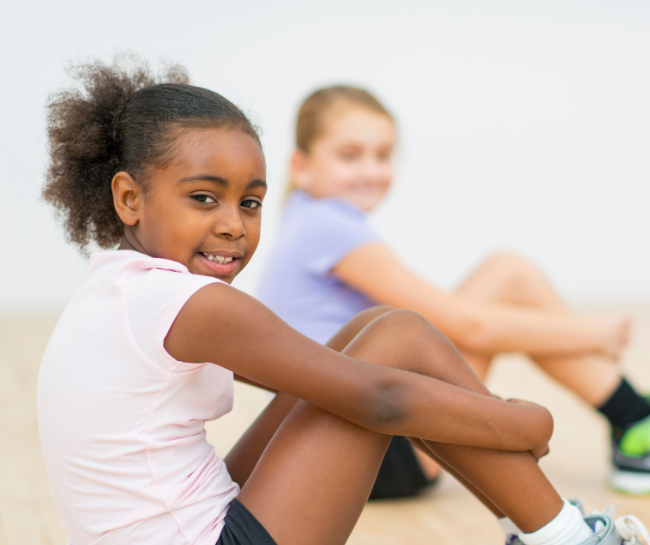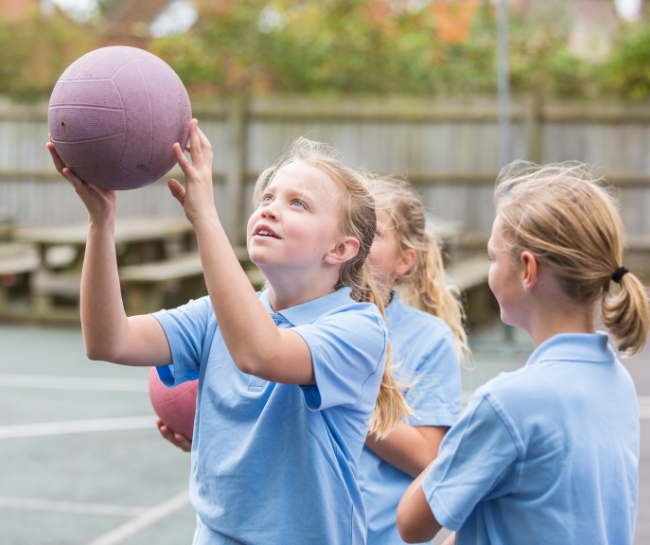Increases in Depressive Symptoms, Suicide-Related Outcomes, and Suicide Rates Among U.S. Adolescents After 2010 and Links to Increased New Media Screen Time
Adolescents who spent more time on new media (including social media and electronic devices such as smartphones) were more likely to report mental health issues, and adolescents who spent more time on nonscreen activities (in-person social interaction, sports/exercise, homework, print media, and attending religious services) were less likely.






